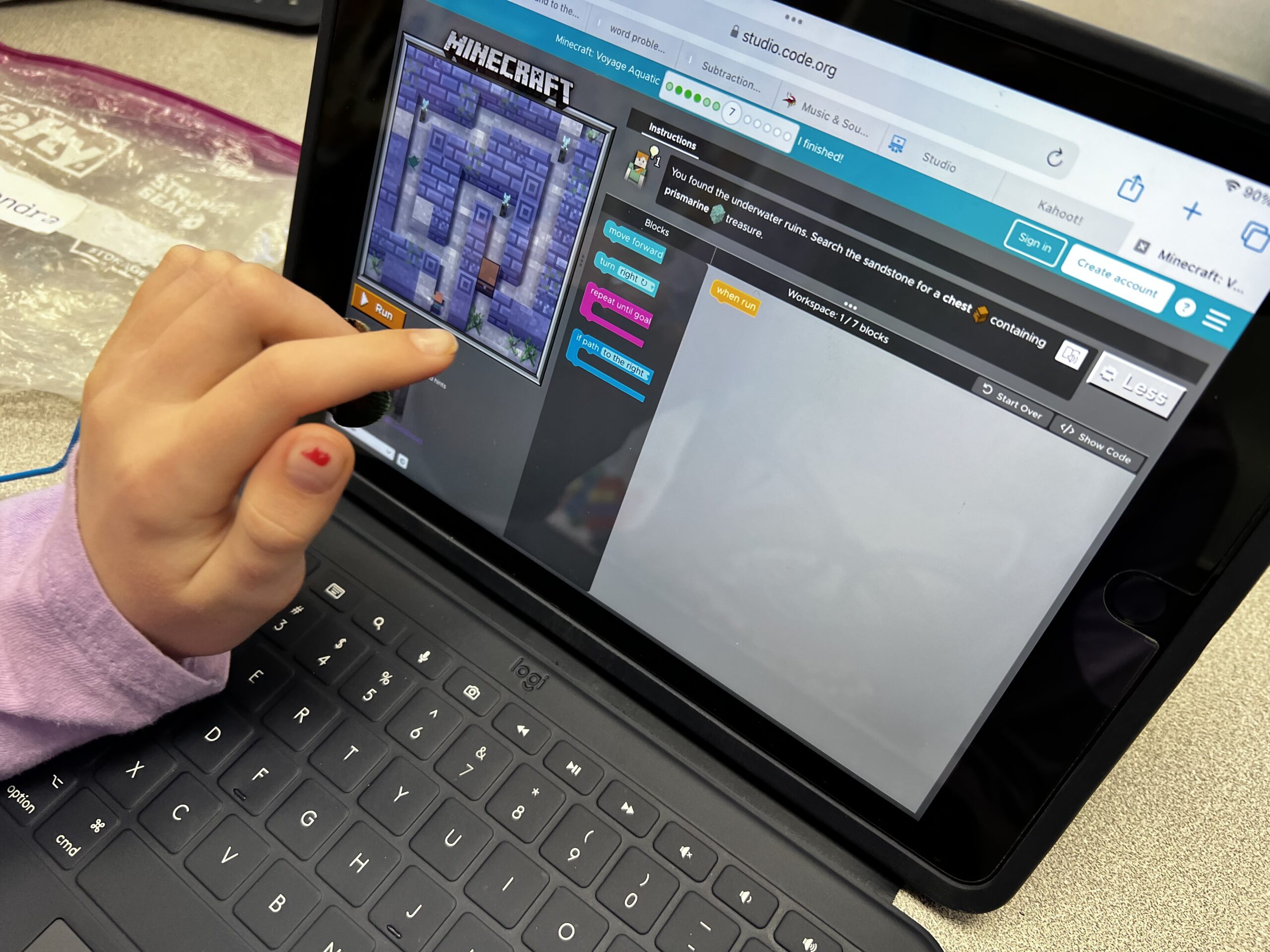
ISTE Standards for Students
Creativity and innovation
Students demonstrate creative thinking, construct knowledge, and develop innovative products and processes using technology.
- Apply existing knowledge to generate new ideas, products, or processes
- Create original works as a means of personal or group expression
- Use models and simulations to explore complex systems and issues
- Identify trends and forecast possibilities
Communication and collaboration
Students use digital media and environments to communicate and work collaboratively, including at a distance, to support individual learning and contribute to the learning of others.
- Interact, collaborate, and publish with peers, experts, or others employing a variety of digital environments and media
- Communicate information and ideas effectively to multiple audiences using a variety of media and formats
- Develop cultural understanding and global awareness by engaging with learners of other cultures
- Contribute to project teams to produce original works or solve problems
Research and information fluency
Students apply digital tools to gather, evaluate, and use information.
- Plan strategies to guide inquiry
- Locate, organize, analyze, evaluate, synthesize, and ethically use information from a variety of sources and media
- Evaluate and select information sources and digital tools based on the appropriateness to specific tasks
- Process data and report results
Critical thinking, problem-solving, and decision making
Students use critical thinking skills to plan and conduct research, manage projects, solve problems, and make informed decisions using appropriate digital tools and resources.
- Identify and define authentic problems and significant questions for investigation
- Plan and manage activities to develop a solution or complete a project
- Collect and analyze data to identify solutions and/or make informed decisions
- Use multiple processes and diverse perspectives to explore alternative solutions
Digital citizenship
Students understand human, cultural, and societal issues related to technology and practice legal and ethical behavior.
- Advocate and practice safe, legal, and responsible use of information and technology
- Exhibit a positive attitude toward using technology that supports collaboration, learning, and productivity
- Demonstrate personal responsibility for lifelong learning
- Exhibit leadership for digital citizenship
Technology operations and concepts
Students demonstrate a sound understanding of technology concepts, systems, and operations.
- Understand and use technology systems
- Select and use applications effectively and productively
- Troubleshoot systems and applications
- Transfer current knowledge to learning of new technologies